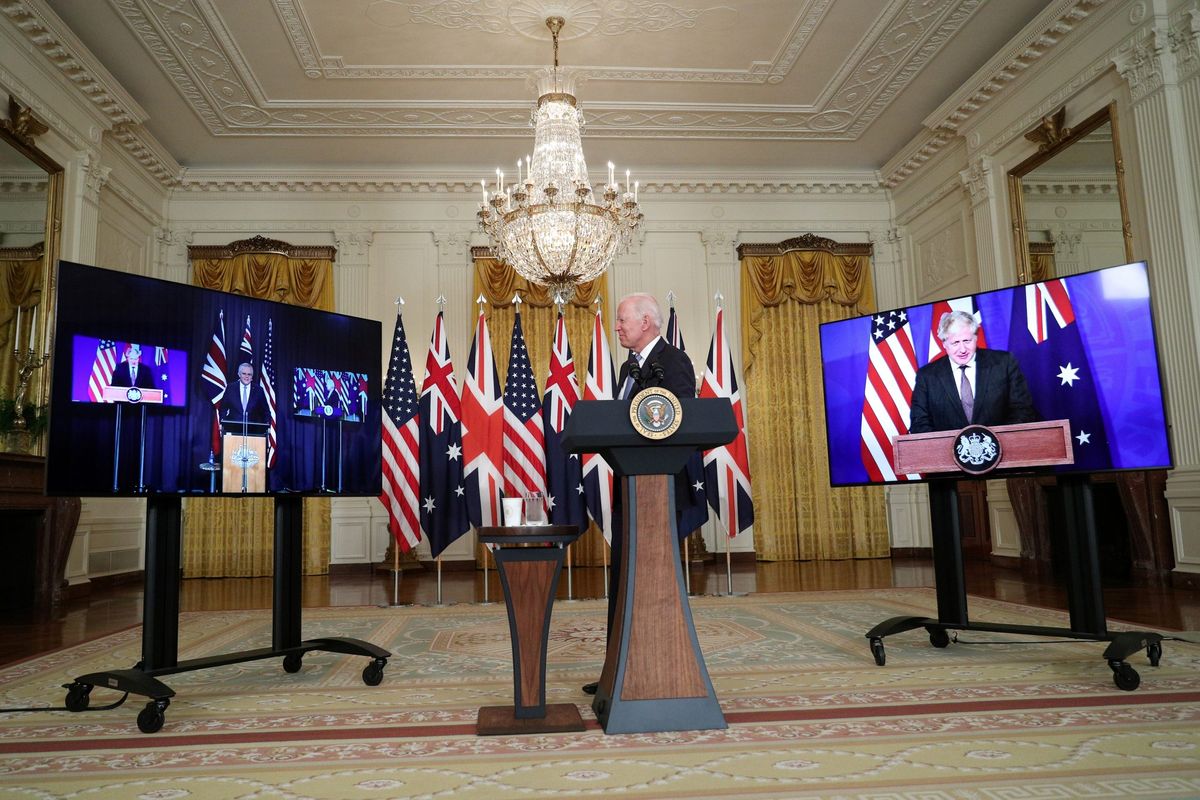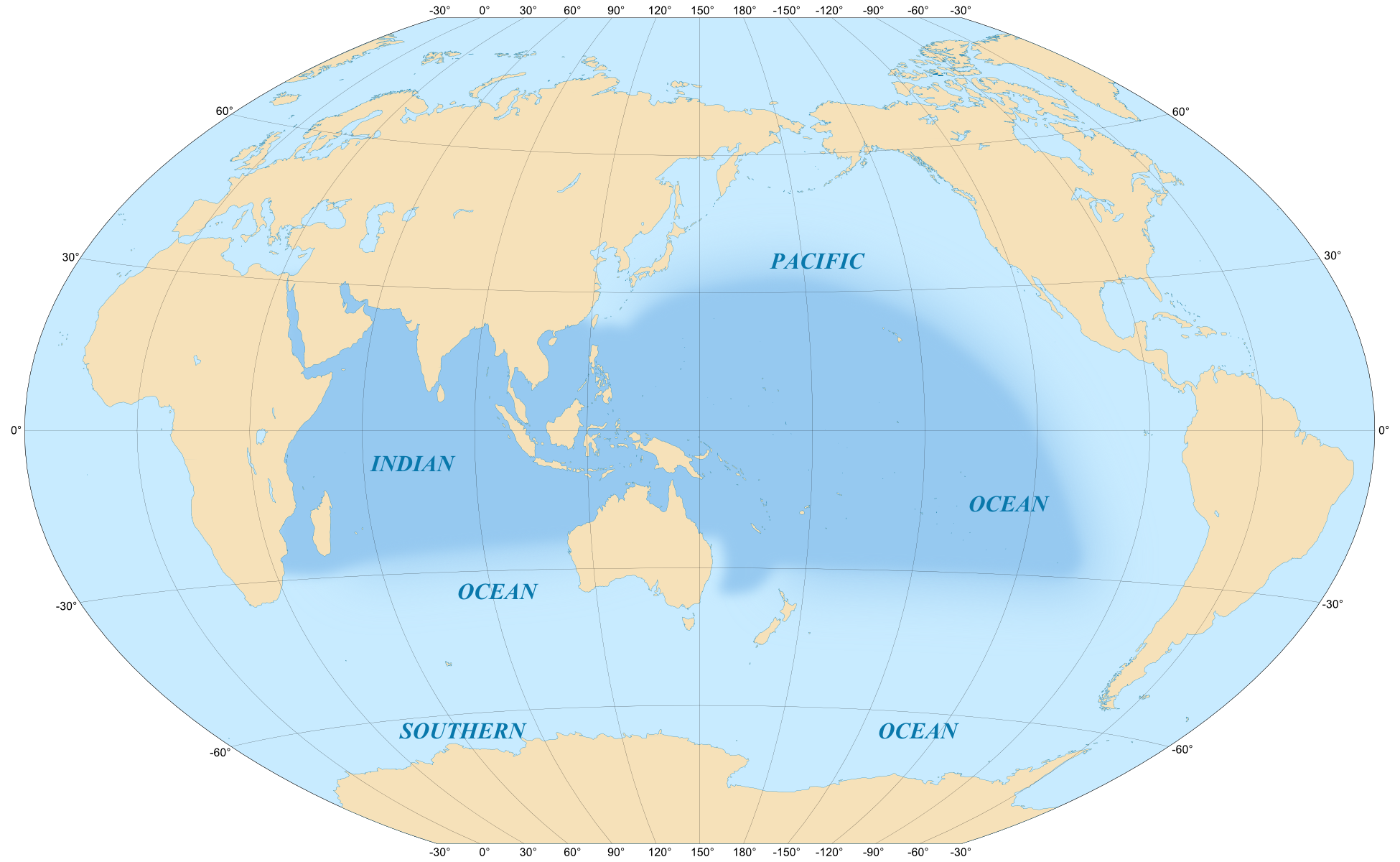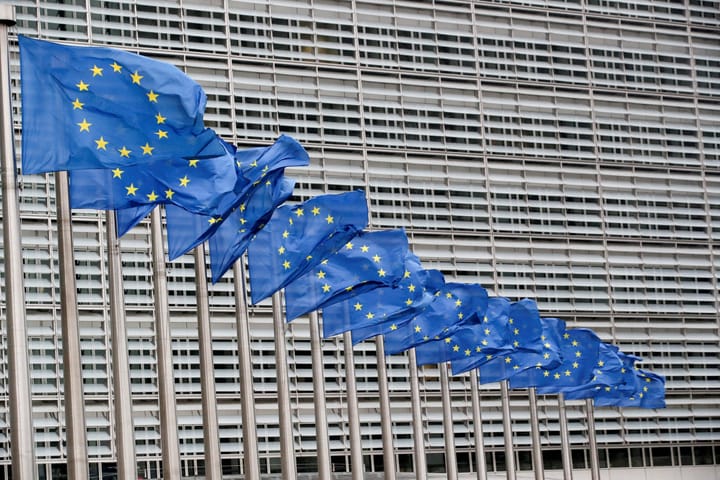Why is France so angry about a US, UK, Australia security deal?

A few minutes every morning is all you need.
Stay up to date on the world's Headlines and Human Stories. It's fun, it's factual, it's fluff-free.
Zogg explained that the deal falling through for France was more than just the bad end of a business relationship. Instead, it was a strike against France’s military-industrial complex, “a matter of national pride in a country that has always emphasized a high degree of autonomy in armament and military development.”
What’s the security deal?
- On September 16, Australia finalized a deal called AUKUS that involves the United States and the United Kingdom helping the country develop nuclear submarines, a major step forward for the country’s military.
- There are essentially two kinds of nuclear submarines and they’re both powered by a nuclear reactor.
- The kind of submarine Australia is signing up for is called an attack sub, which according to an attack submarine fact sheet by the US Navy are “designed to seek and destroy enemy submarines and surface ships; project power ashore with Tomahawk cruise missiles and Special Operation Forces (SOF); carry out Intelligence, Surveillance and Reconnaissance (ISR) missions; support battle group operations; and engage in mine warfare."
- This deal is important because it’s widely being perceived as a counter to growing Chinese military dominance in the Indo-Pacific, specifically in the South China Sea.

- By making this deal with the US and the UK, Australia is effectively siding with these countries if any conflict does happen to erupt down the road.
- This is especially significant because in one of Australian Prime Minister Scott Morrison first foreign policy speeches as the new prime minister when talking about the tensions between the US and China, he said that “Australia doesn’t have to choose” between the two superpowers.
How does this involve France?
- Well, France was originally in negotiations with Australia to sell them French-made submarines, a contract that was worth around US$66 billion.
- According to a report by Tom Wright, a senior fellow at the Brookings Institution, previous military deals between France and Australia had often resulted in France running over budget and behind schedule.
- Australia was supposedly privately worried that another France deal would mean that they would receive submarines that would arrive late and may not even be relevant within the next two decades.
- And so, when Australia made a deal with the US and the UK, it meant that the original deal with France fell through entirely.
- Part of the reason why France was so angry was because they weren’t informed about the change until the very last minute. Australia only told France on Wednesday, the day before the public announcement was made.
- And, on top of that, discussions with members of the White House on the subject reportedly only took place a few hours before US President Biden actually made the announcement.
How did France respond?
- France canceled a gala in Washington that meant to celebrate the US-France relationship and then recalled its ambassador to the US and Australia on Friday.
- “It’s really a stab in the back. We had established a relationship of trust with Australia, this trust has been betrayed,” said the French Foreign Minister Jean-Yves Le Drian to France Info radio on Thursday.
- “I’m very angry today, and bitter … this is not something allies do to each other,” he added. “This unilateral, sudden and unforeseeable decision very much recalls what Mr. Trump would do,” referring to the former US president who frustrated Europe with his often unpredictable behavior.
What are experts saying about the situation?
- In a TMS exclusive with Benno Zogg, a senior researcher and team head of the Swiss and Euro-Atlantic Security Team for the Center for Security Studies in Zurich, he said that France’s reaction “was harsh,” adding that “Paris perceived it as outright betrayal by an ally.”
- Zogg explained that the deal falling through for France was more than just the bad end of a business relationship. Instead, it was a strike against France’s military-industrial complex, “a matter of national pride in a country that has always emphasized a high degree of autonomy in armament and military development.”
- He also said that this anger could stem from a misunderstanding about how America should behave as a global power.
- In June, Biden went to Europe for a G-7 conference with the message that “America is back,” trying to mark a shift from former President Trump.
- But Zogg said that the hopes by members of the EU that the US was looking to grow ties with Europe were just hopes.
- “While Biden is more committed and capable to work with allies than the Trump administration, the US shift toward the Indo-Pacific and his willingness to reduce US commitment in Europe are substantial,” he said. “Assuming anything else may have been wishful thinking on the part of some European politicians and commentators.”
How did Australia respond to France’s anger?
- On Sunday, Morrison defended Australia’s decision at a press briefing saying, “I don’t regret the decision to put Australia’s national interest first."
- He also said that while Australia understood France’s anger, defense ministers had known these issues existed for months.
- Morrison also clarified that Australia had told France about the new deal at 08:30 p.m. on Wednesday Canberra time. Together with the US and UK, they announced their new agreement at 7 a.m. the following day.
- Australia’s Defense Minister Peter Dutton told Sky News that Australia was “upfront, open and honest" with France about its concerns.
- “Suggestions that the concerns hadn’t been flagged by the Australian government, just defy, frankly, what’s on the public record and certainly what they’ve said publicly over a long period of time," Dutton said.
- While Dutton didn’t say how much the new pact cost but did say “it’s not going to be a cheap project."
What’s next?
- For Zogg, he thinks that the US-France relationship is probably going to end up surviving just fine.
- “Biden may well be surprised at the intensity of France’s reaction but will be able to largely shrug it off,” he said.
- But Zogg said that this kind of alliance, “will need to manifest itself in tangible processes and cooperation.”
- He also said that friction between North Atlantic Treaty Organization (NATO) countries isn’t new but that some of the challenges being faced now look slightly different in the security side of things.
- “At least the alliance is motivated by a common perception of China as an antagonist and even a threat to the existing system,” he said.
You drive the stories at TMS. DM us which headline you want us to explain, or email us at tips@themilsource.com







Comments ()